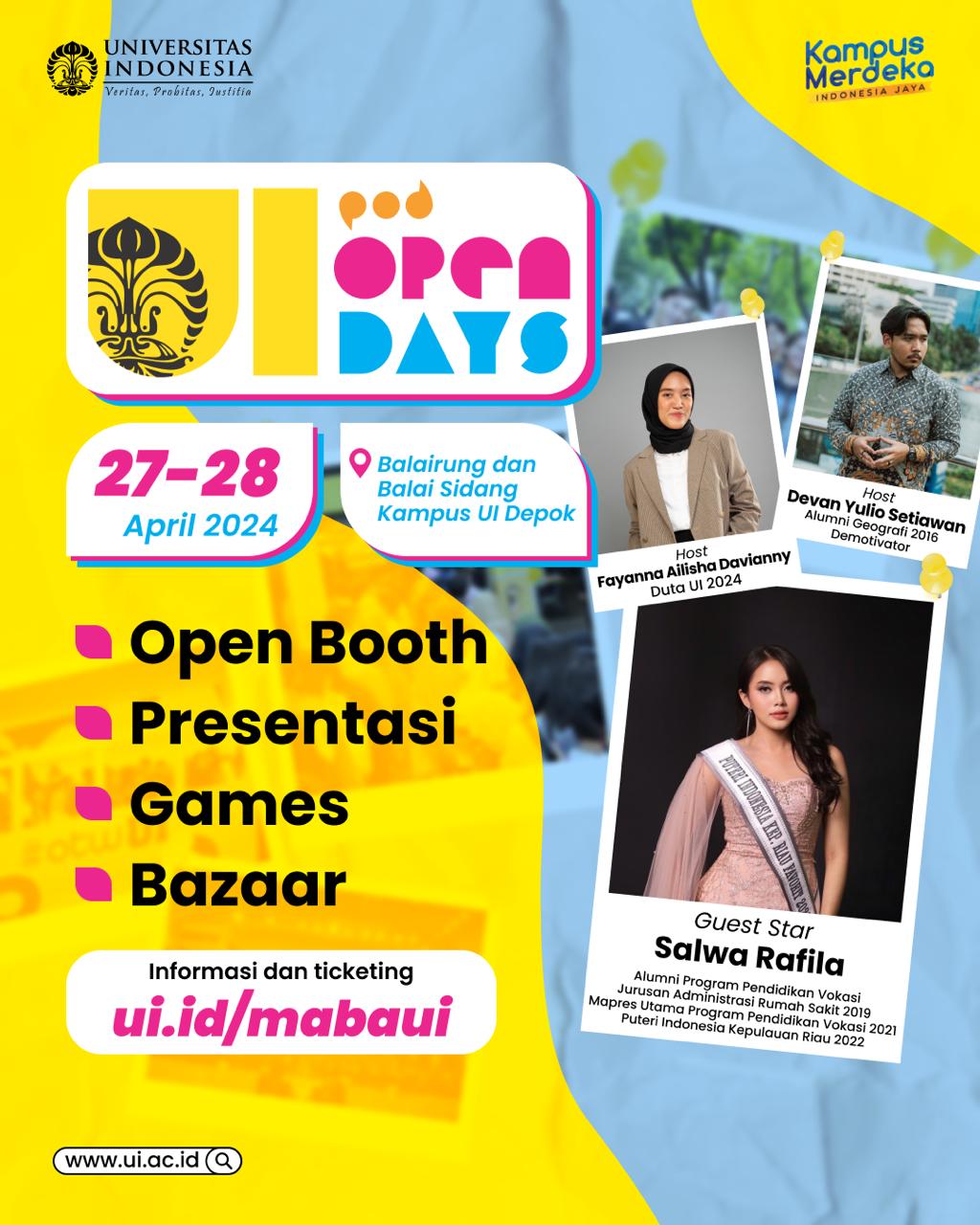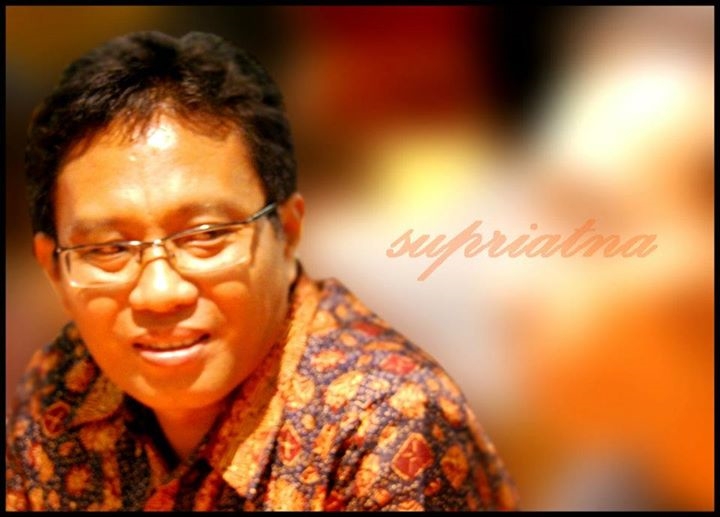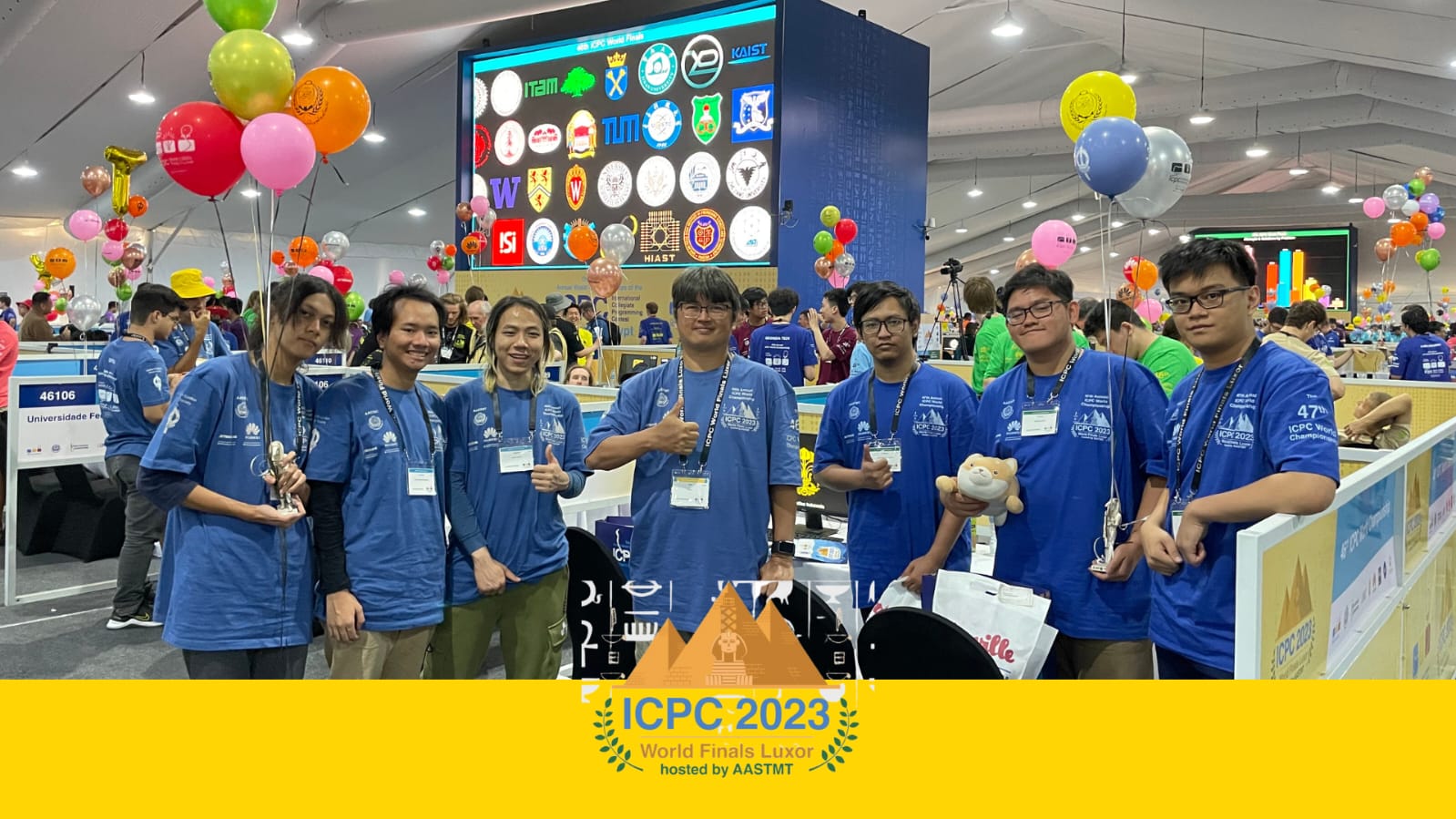Universities play role in shaping and determining the direction of national life. As a home for a critical young generation, universities need to develop a cultural strategy to instill national values among students so that they can carry out their rights and obligations as good citizens and world citizens. Therefore, the 2024 Cultural Workshop was held on Tuesday (5/3) and Wednesday (6/3) at Sebelas Maret University (UNS) Surakarta, with the theme “Contribution of Higher Education in Strengthening National Values Based on Culture”.
The 2024 Cultural Workshop is the collaboration between Universitas Indonesia (UI) with UNS, the Indonesian Nahdlatul Ulama University (Unusia), the Ministry of Education, Culture, Research and Technology (Kemendikbudristek), the Council of Chancellors of Indonesian State Universities (MRPTNI) and the Education Fund Management Institute (LPDP ). This meeting was also supported by the Indonesian Roots national movement, the Indonesian Student Association Alumni Association (IAPPI), and Mata Garuda (LPDP Scholarship Recipient Alumni Association).
Minister of Education and Culture Nadiem Anwar Makarim, B.A., M.B.A. in his speech, emphasized that universities must be the birthplace of Pancasila students with a high national spirit. “I have always believed that Indonesia’s young generation, regardless of changing times and technological developments, love Indonesian culture and a strong desire to contribute to the nation. This can be seen from the enthusiasm of students throughout Indonesia to register for the Independent Teaching Campus and Student Exchange program. I hope the younger generation can be involved creating innovative works and conducting research in the field of culture,” said Nadiem.
A number of figures, academics, and cultural actors from various universities were involved in discussions, which were divided into six segments. UI deans, namely Dr. Bondan Kanumoyoso, M.Hum as Dean of the Faculty of Humanities, and Prof. Dr. Semiarto Aji Purwanto as Dean of the Faculty of Social and Political Sciences, resource person at the 2024 Cultural Workshop. Both agreed that diversity is the core of Indonesian culture, as reflected in the motto “Bhinneka Tunggal Ika”. This diversity is influenced by the local natural environment, showing the way people interact with the unique flora and fauna around them.
According to Bondan, Indonesian culture has always developed based on community interactions, blending various external influences (especially India, Islam, and the West). The results of cultural influences make diversity a part of the worldview of the local people. He underlined that Indonesian culture is a learning culture, meaning it is still forming its identity. Therefore, the Indonesian cultural system is currently conducting experiments to review how far old values can be maintained and external influences can be accepted.
Bondan emphasized that culture is one of Indonesia’s strengths, as can be seen from the high interest of the world community in studying Indonesian culture. According to the Dean of Faculty of Humanities UI, of all the Massive Open Online Courses (MOOCs) offered by UI, the MOOCs with the most participants are talking about Indonesian culture.
The global community’s interest in studying Indonesian culture through MOOCs proves that the role of universities in promoting culture is huge. Aji stated that universities have two kinds of roles in advancing culture, the classical role and the critical role. The classical role means carrying out research and documentation, for example, collecting all traditions that are endangered. The campus plays a role in providing cultural education, multicultural understanding, international collaboration, and developing cultural diplomacy practices.
However, Aji hopes that all campuses in Indonesia will prioritize a critical role by being more involved in community dynamics, for example, by developing a culture to address social problems. The campus is also tasked with preserving the traditional arts of the past and actively innovating in the development of contemporary culture. According to him, culture is not just part of the legacy of the past, but is a creative aspect that exists in the present. With the current pace of technology, the younger generation is more open to globalization and the value of universality. Thus, campuses must invite students to think critically to explore the meaning of the Indonesian state and nation.



